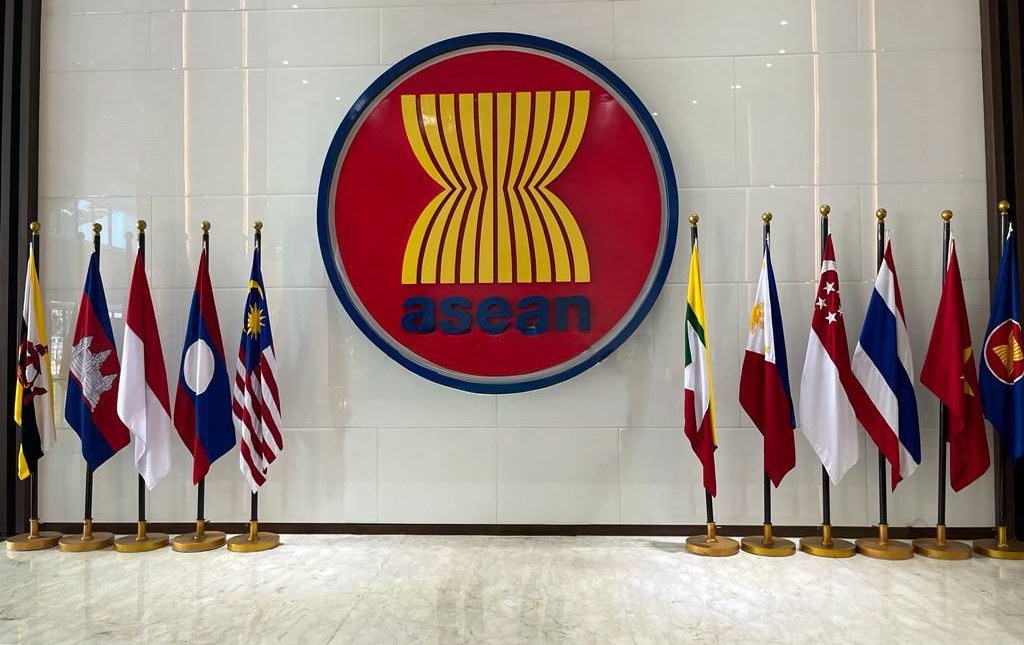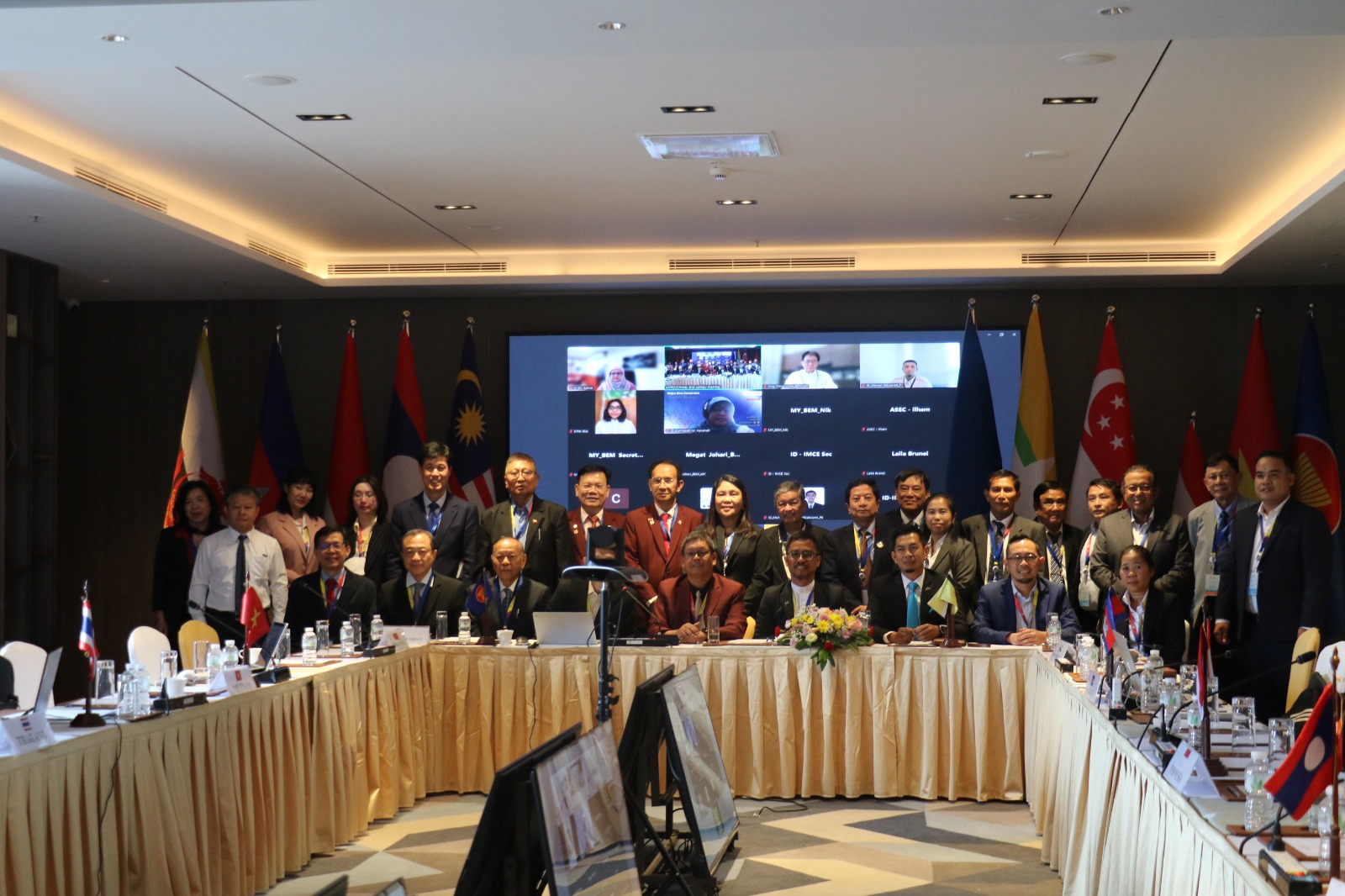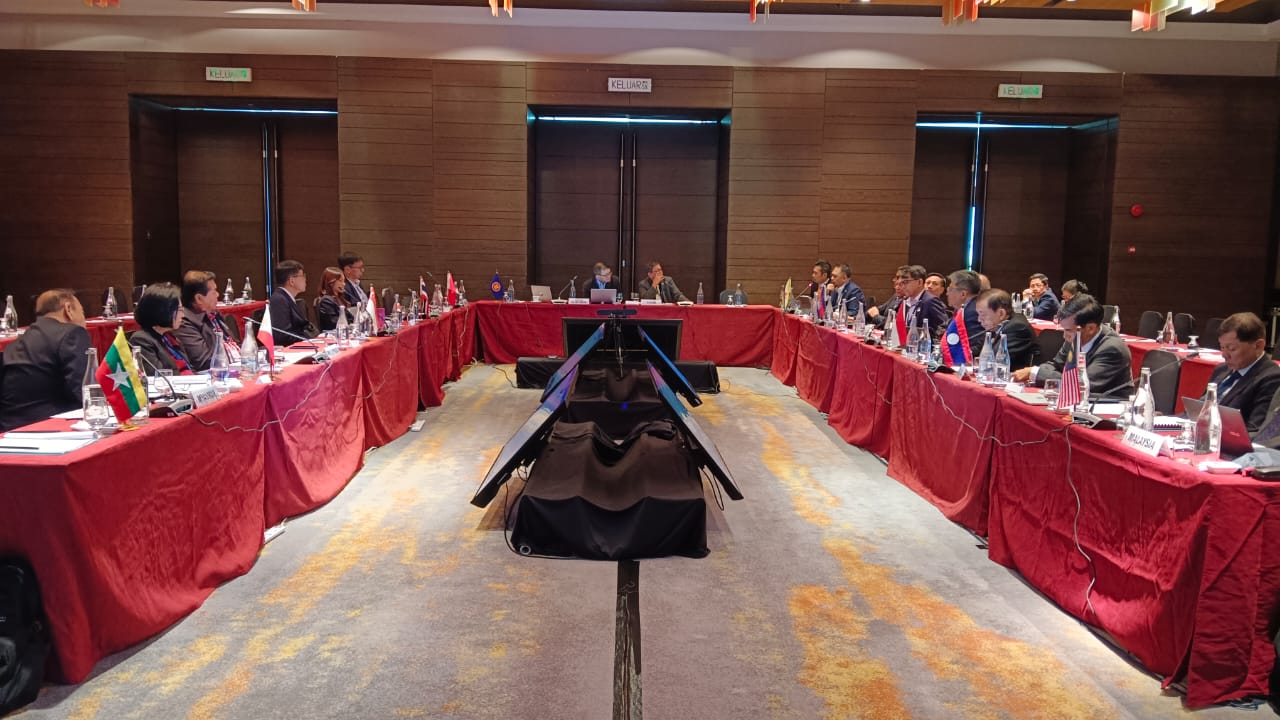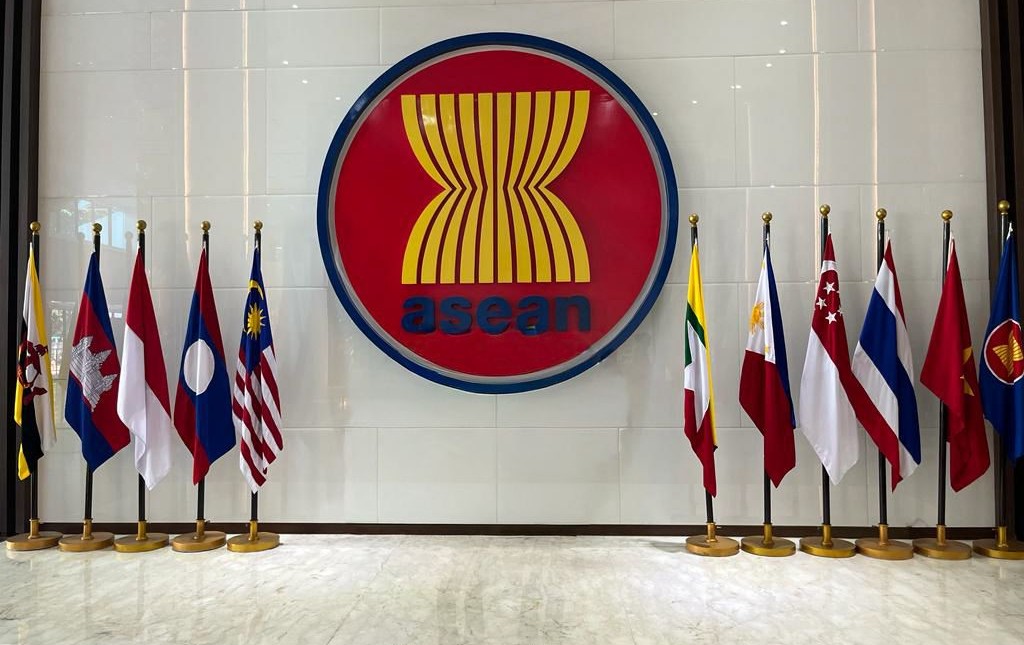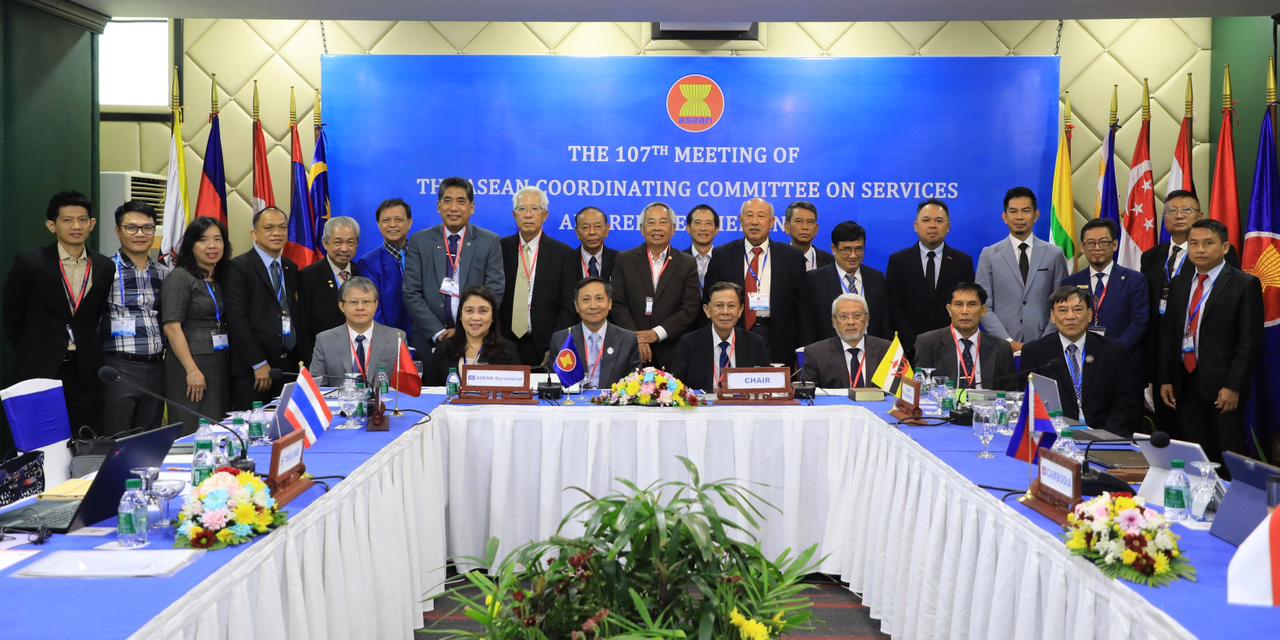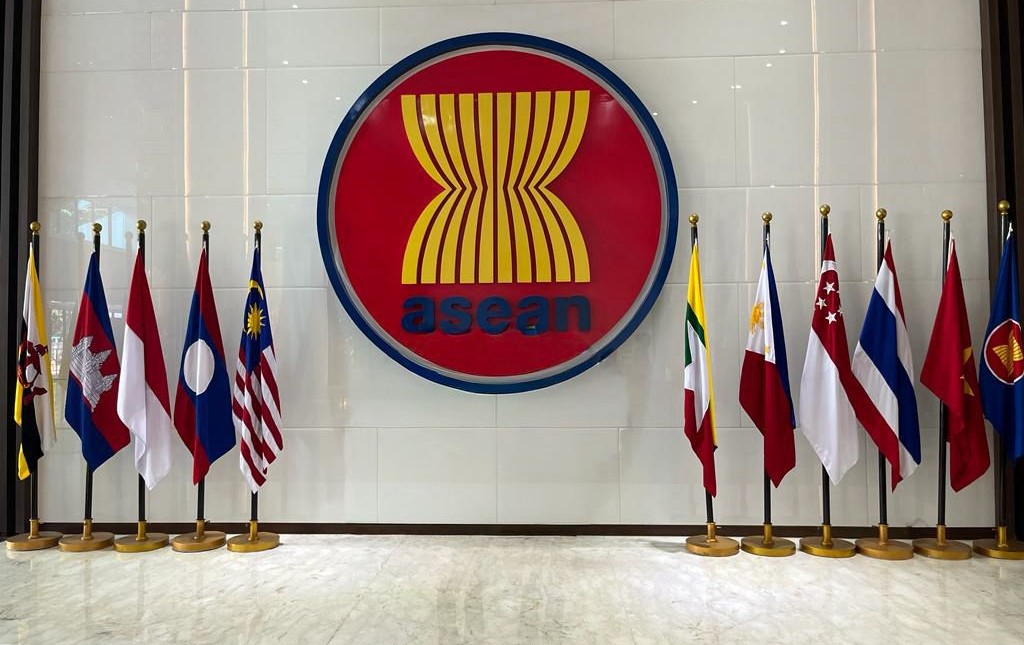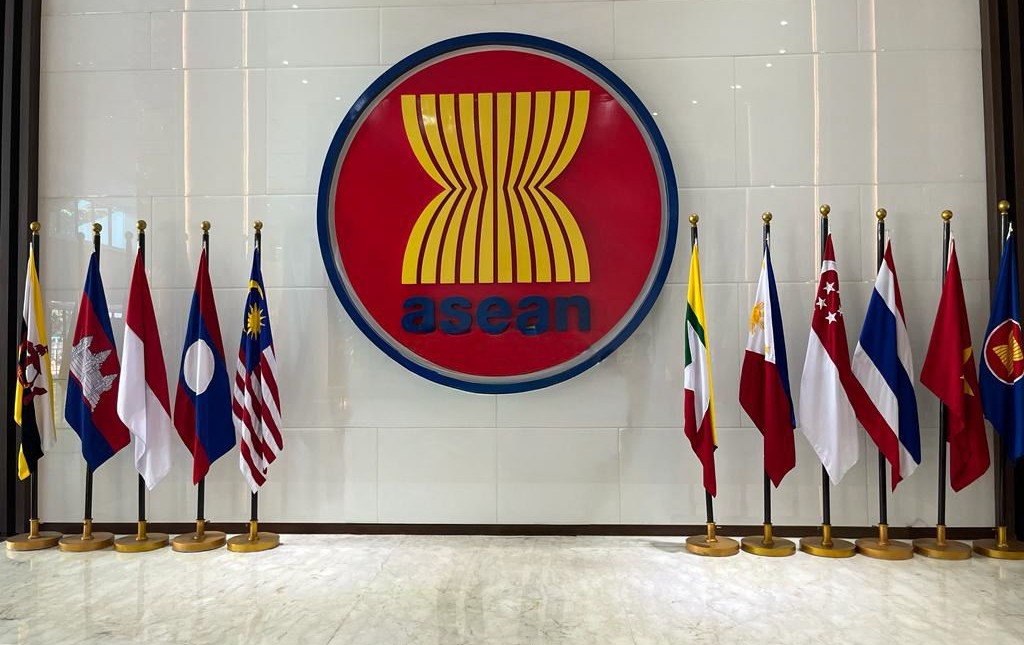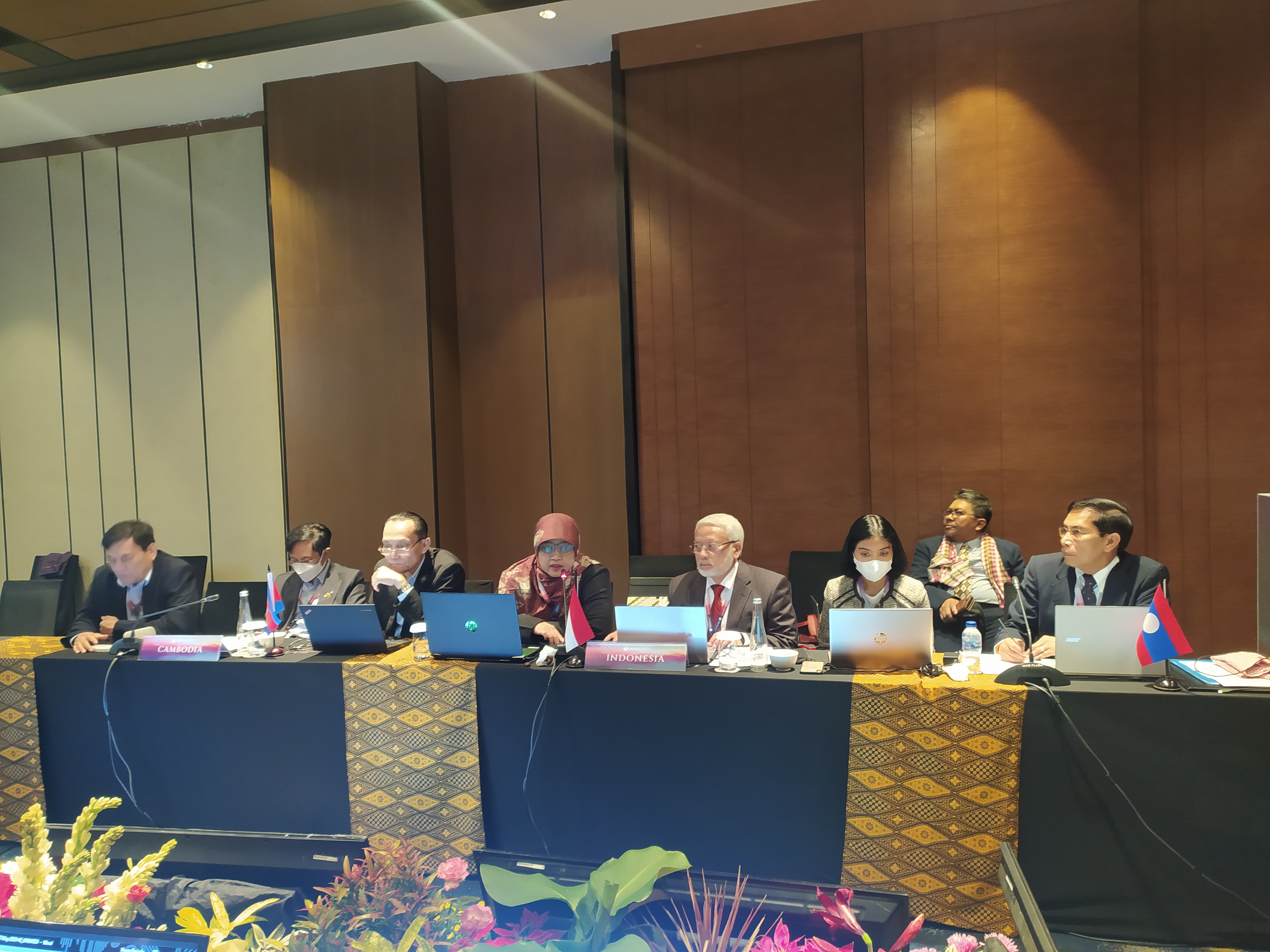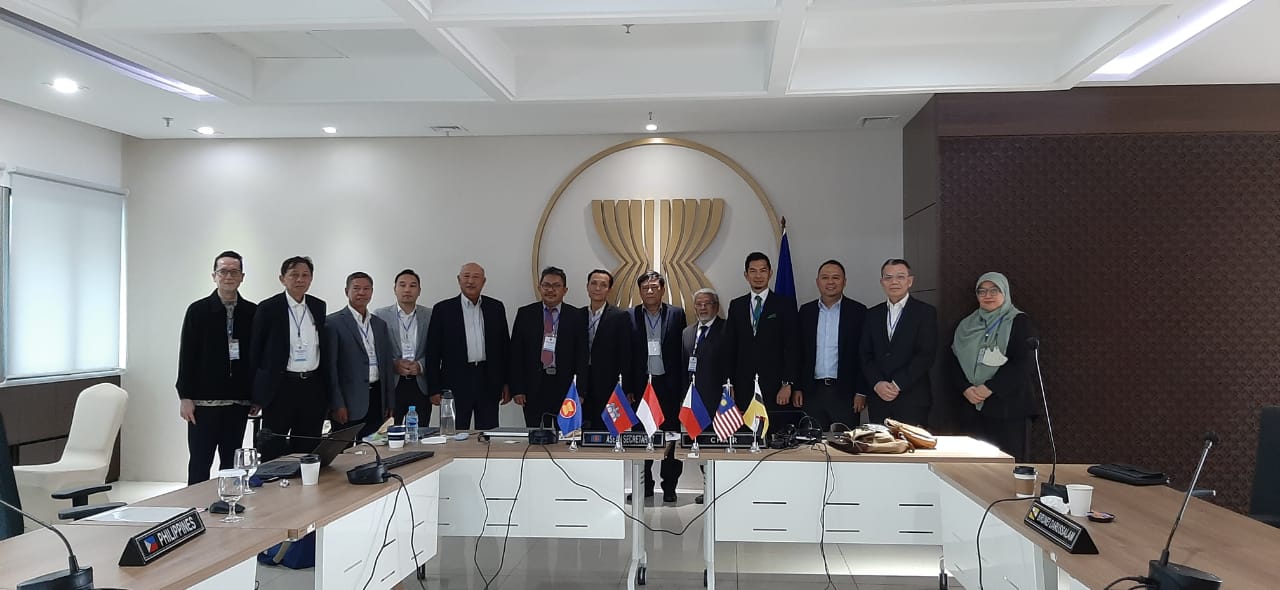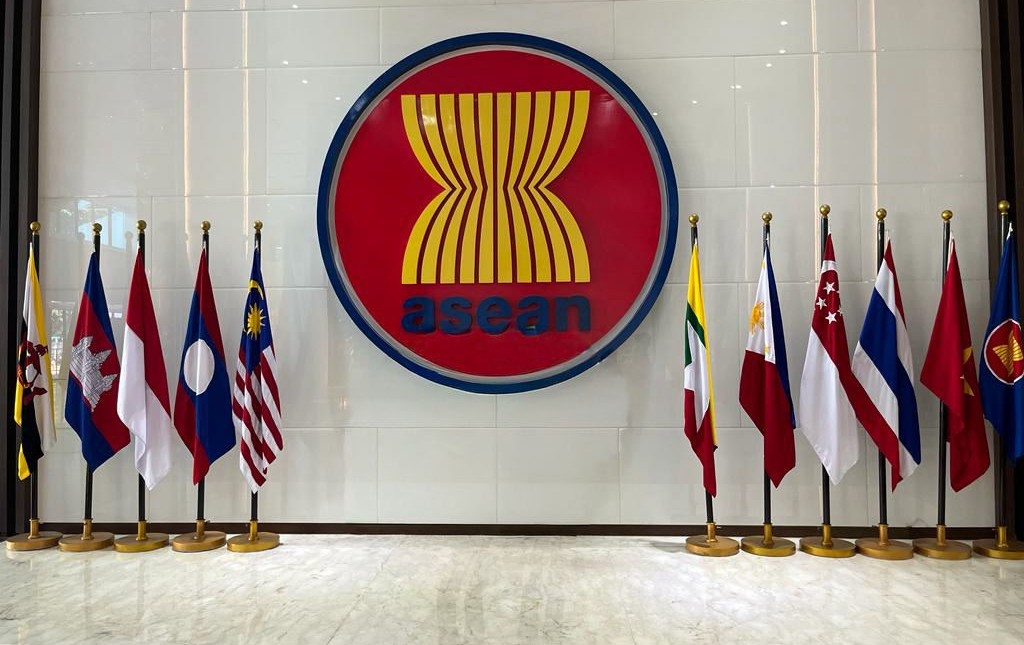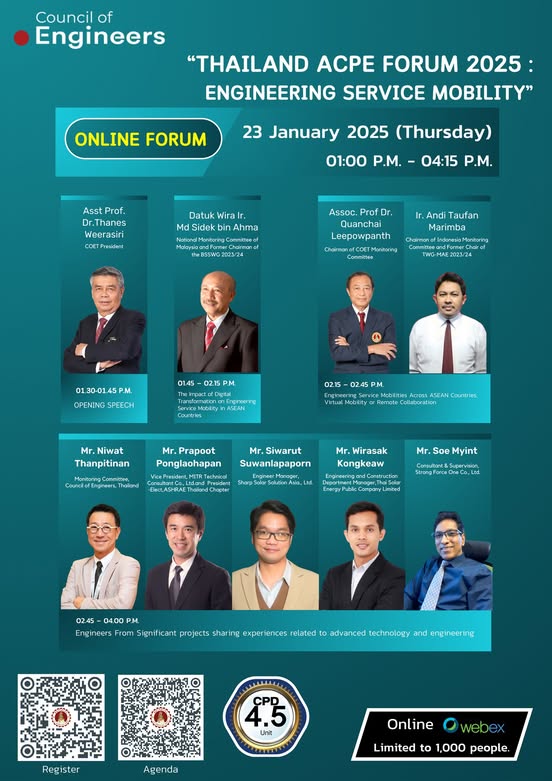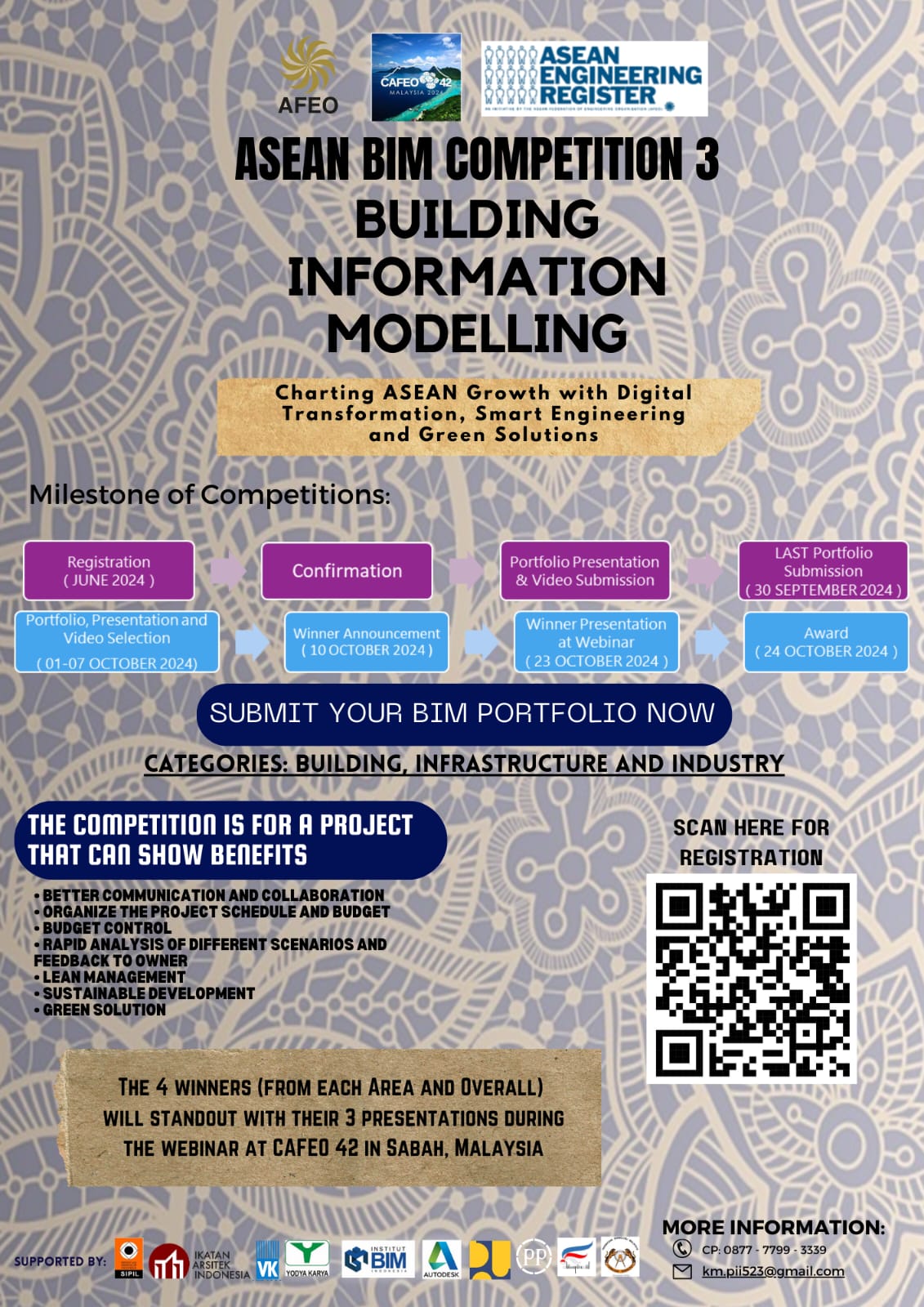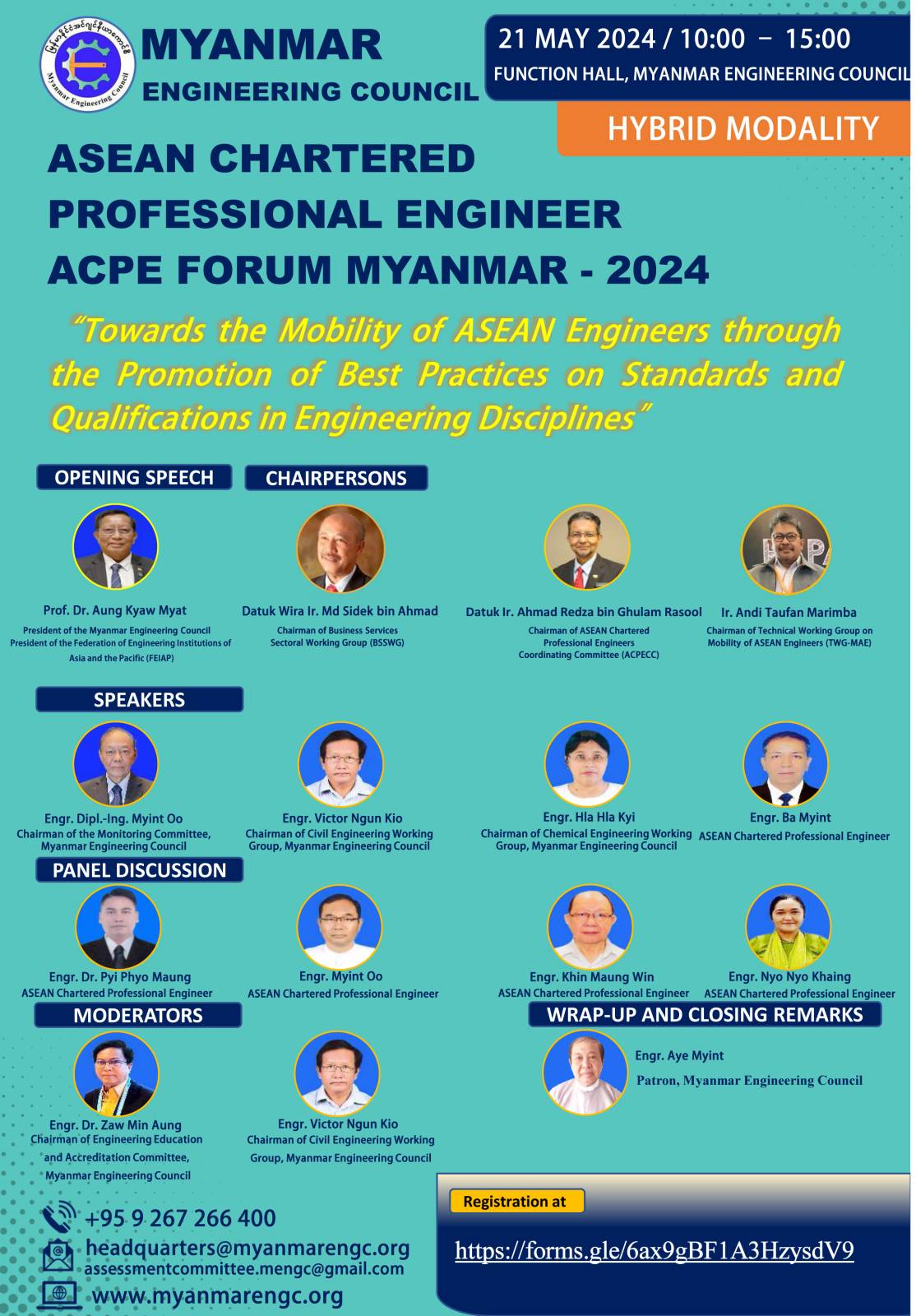 15 Oktober 2025
15 Oktober 2025 The 46th Meeting of the ASEAN Chartered Professional Engineer Coordinating Committee (ACPECC) gathered representatives from all ten ASEAN Member States (AMS) to discuss ongoing initiatives under the ASEAN Mutual Recognition Arrangement (MRA) on Engineering Services, aimed at strengthening professional recognition and cross-border mobility for engineers across the region.
The meeting, chaired by Ir. Bahrin bin Haji Mohammad of Brunei Darussalam, was held virtually, and focused on improving mutual cooperation, refining technical standards, and enhancing opportunities for ASEAN engineers to work seamlessly across member countries.
1. Expanding the ASEAN Chartered Engineer Network
A total of 355 applications for ASEAN Chartered Professional Engineer (ACPE) registration were reviewed, and 98 new ACPEs were approved — including engineers from Indonesia, the Philippines, and Singapore.
With these approvals, ASEAN now counts 5,424 registered ACPEs, with 5,379 active members, signifying steady growth in regional professional recognition.
Malaysia’s 257 applications were deferred for review at the next meeting due to submission timing, reaffirming ACPECC’s commitment to procedural transparency and quality assurance.
2. Strengthening Professional Standards and Coordination
The meeting noted updates to Monitoring Committees in Brunei Darussalam, Malaysia, and Thailand, reflecting ongoing national efforts to align engineering standards and oversight mechanisms with ASEAN’s regional framework.
Indonesia also submitted an update to its Scope and Definition of Engineering Services, adding Agricultural Engineering and revising classifications for Ocean and Aeronautical Engineering. This ensures the regional framework remains relevant to modern engineering practices and evolving specializations.
3. Fostering Mobility and Regional Collaboration
The Technical Working Group on Mobility of ASEAN Engineers (TWG-MAE) presented outcomes from its sixth meeting, outlining strategic initiatives to enhance engineer mobility and cooperation across ASEAN:
- Harmonising Mobility Procedures – TWG-MAE agreed to streamline the Registered Foreign Professional Engineer (RFPE) process, allowing AMS flexibility to adopt one-step or two-step registration systems.
- ASEAN Engineering Excellence Awards – the first awards planned for November 2023, recognising outstanding contributions to engineering in the region.
- Internship Programme for Fresh Graduates – Thailand and Malaysia jointly proposed a bilateral internship programme for young engineers.
- Capacity Building Initiatives – Cambodia highlighted ongoing collaboration with the ASEAN Federation of Engineering Organisations (AFEO) to strengthen training and upskilling efforts.
- RFPE Data Transparency – Member States agreed to publish RFPE data on the ACPECC website (https://acpecc.org), ensuring better visibility of cross-border professional registration.
These initiatives aim to create a more dynamic and integrated ASEAN engineering community, where professionals can collaborate on regional projects and share expertise more easily.
4. Encouraging Active Cross-Border Practice
The meeting also discussed efforts to increase the number of Registered Foreign Professional Engineers (RFPEs), with 24 registrations recorded to date. Myanmar, Malaysia, and Singapore reported ongoing registrations, while AMS were encouraged to share data distinguishing between registered engineers and those actively practicing across borders.
To address the low participation numbers, the TWG-MAE will continue developing recommendations to simplify the process and encourage greater involvement among ASEAN professionals.
5. Building Resilience and Digital Readiness
In the wake of lessons from the COVID-19 pandemic, Thailand shared best practices on integrating digital services and online platforms into professional and educational engineering activities. This approach highlighted the importance of digital transformation in maintaining continuity and collaboration during disruptions.









